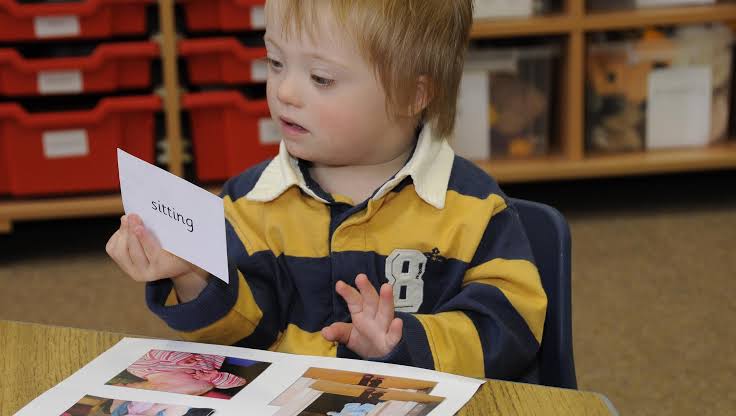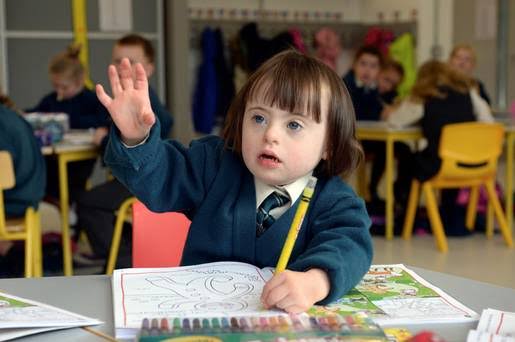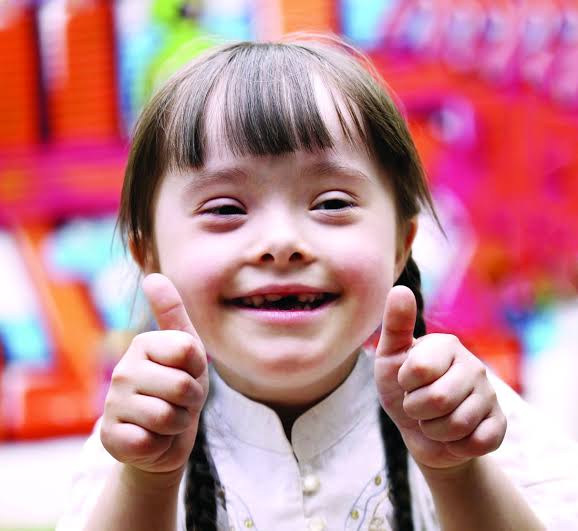This is by far the most common type, where every cell in the body has three copies of chromosome 21 instead of two.

What is Down Syndrome?
Down syndrome is a genetic condition that causes mild to serious physical and developmental problems.
People with Down syndrome are born with an extra chromosome. Chromosomes are bundles of genes, and your body relies on having just the right number of them. With Down syndrome, this extra chromosome leads to a range of issues that affect you both mentally and physically.
Down syndrome is a lifelong condition. Although it can’t be cured, doctors know more about it now than ever. If your child has it, getting the right care early on can make a big difference in helping them live a full and meaningful life.
Down Syndrome Symptoms
Down syndrome can have many effects, and it’s different for each person. Some will grow up to live almost entirely on their own, while others will need more help taking care of themselves.
Mental abilities vary, but most people with Down syndrome have mild to moderate issues with thinking, reasoning, and understanding. They’ll learn and pick up new skills their whole lives, but they may take longer to reach important goals like walking, talking, and developing social skills.

People with Down syndrome tend to have certain physical features in common. These may include:
-
Eyes that slant up at the outer corner.
-
Small ears.
-
Flat noses.
-
Protruding tongue.
-
Tiny white spots in the colored part of the eyes.
-
Short neck.
-
Small hands and feet.
-
Short stature.
-
Loose joints.
-
Weak muscle tone.
-
Short stature.
Many people with Down syndrome don’t have any other health issues, but some do. Common conditions include heart problems and trouble hearing and seeing.
Types of Down Syndrome
There are three types of Down syndrome:


In this type, each cell has part of an extra chromosome 21, or an entirely extra one. But it’s attached to another chromosome instead of being on its own.

This is the rarest type, where only some cells have an extra chromosome 21.